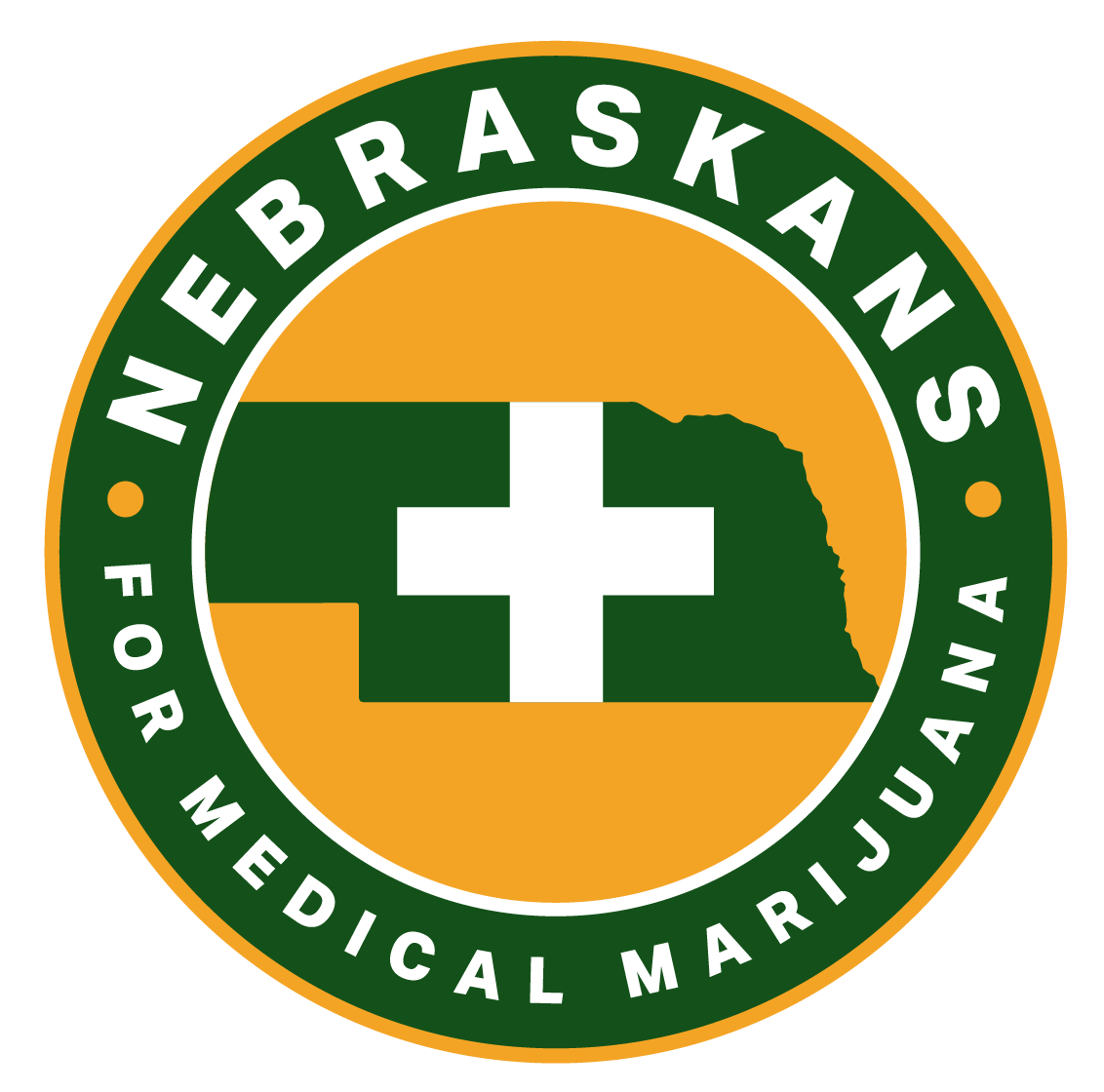➡ Who is Nebraskans for Medical Marijuana (NMM)?
NMM was the registered ballot question committee in Nebraska supporting a pair of complimentary 2024 voter initiatives that on September 13, 2024 were both certified for the November 2024 ballot. Together the initiatives will establish a system of access to medical cannabis for qualified patients.
➡ What does initiative 437 do? Vote FOR ✅
Provides protections for patients and their caregivers Decriminalizes up to 5 oz of cannabis as recommended by a medical practitioner
➡ What does initiative 438 do? Vote FOR ✅
Creates safe and regulated medical access for Nebraska patients. Establishes the Nebraska Medical Cannabis Commission to regulate the private medical industry where patients would access their medicine.
➡ When will I vote on these initiatives and how will it appear on the ballot?
Both 437 & 438 will appear on the November General Election ballot. These will be listed as a vote on each; 437 & 438.
➡ What is the current state of medical cannabis access in the state?
Currently Nebraska has no legal access to cannabis for patients. Nebraska remains one of just three states (along with Kansas & Idaho) who have absolutely NO medical access for any group of patients.
➡ Is medical cannabis effective in alleviating serious health conditions?
In 2017, the National Academies of Sciences (NAS) released a landmark report (“The Health Effects of Cannabis and Cannabinoids")that reviewed over 10,000 academic studies on the effects of cannabis. It found "conclusive or substantial evidence" that cannabis is effective for the treatment of chronic pain, nausea and vomiting, and multiple sclerosis. It also found evidence that cannabis is effective for improving sleep, anxiety, PTSD, and traumatic brain injury. More recent research published since the NAS report indicates that medical cannabis can also be helpful in the treatment of epileptic seizures and autism.
➡ Is medical cannabis safe?
A 2015 study compared the toxicity of cannabis to many other commonly used substances. Cannabis was found to be the safest in terms of its potential to trigger a fatal overdose. The federal Drug Enforcement Agency confirms that "[N]o deaths from overdose of marijuana have been reported." Compared to many prescription drugs, including opioid pain medications, medical cannabis is safer and less addictive. .
➡ Medical cannabis laws are associated with reductions in opioid prescribing and overdoses
Research published in the Journal of the American Medical Association found that states with medical laws experienced 25% fewer opioid-related overdose fatalities compared to other states from 1999 through 2010. A 2018 study analyzed opioid prescribing in states with and without medical cannabis laws from 2011 through 2016. Researchers wrote, "state implementation of medical marijuana laws was associated with a 5.88% lower rate of opioid prescribing." According to another analysis published in the Journal of the American Medical Association, "prescriptions for all opioids decreased by 3.742 million daily doses per year when medical cannabis dispensaries opened." Research published in Drug and Alcohol Dependence found that "medical marijuana legalization was associated with 23% and 13% reductions in hospitalizations related to opioid dependence or abuse and opioid overdose, respectively." In a study conducted by the Minnesota Department of Health, 63% of patients who use medical cannabis for pain were able to reduce or eliminate their use of opiate drugs within six months.
➡ Do medical cannabis laws save money on health care?
Research from the University of Georgia found that medical cannabis laws reduce prescription medication use In Medicare Part D: “National overall reductions in Medicare program and enrollee spending when states implemented medical marijuana laws were estimated to be $165.2 million per year in 2013.” In another study published in Health Affairs, researchers found that Medicaid would have saved $1 billion in 2014 if all states had legalized medical marijuana.
➡ Are medical cannabis laws associated with increases in teen use?
No. Study after study has concluded that marijuana policy reform is not linked to increased rates of marijuana use among teens. A 2018 meta-analysis of 11 studies on adolescent cannabis use and medical cannabis laws concluded that "the current evidence does not support the hypothesis that US medical marijuana laws ... have led to increases in adolescent marijuana use prevalence." Authors of a 2019 study in the Journal of the American Medical Association reached the same conclusion: "Consistent with the results of previous researchers, there was no evidence that the legalization of medical marijuana encourages marijuana use among youth."
➡ Will medical cannabis increase crime, DUIs, or youth use?
The facts are clear: The sky does not fall when patients have safe, legal access to medical cannabis. Thirty-six states have implemented these kinds of programs, and no state has ever repealed their medical cannabis law. Opponents of medical cannabis do not have the facts on their side, so they resort to scare tactics.
➡ Are medical cannabis laws associated with increased fatal traffic accidents?
There is NO evidence that medical marijuana laws make roads and highways less safe. In fact, after analyzing 1.2 million traffic fatalities nationwide from 1985 through 2014, researchers published a study in the American Journal of Public Health that found, on average, traffic fatalities fell 11% in states that legalized medical marijuana. Other research, published in the Journal of Law and Economics, reached a similar conclusion: “The first full year after coming into effect, [medical marijuana] legalization is associated with an 8–11 percent decrease in traffic fatalities.”
